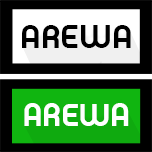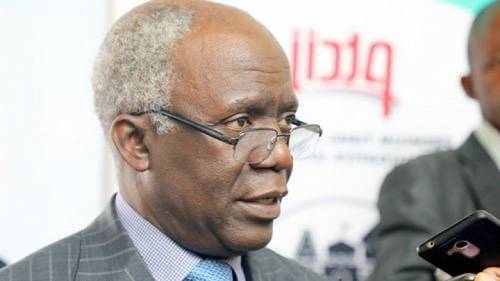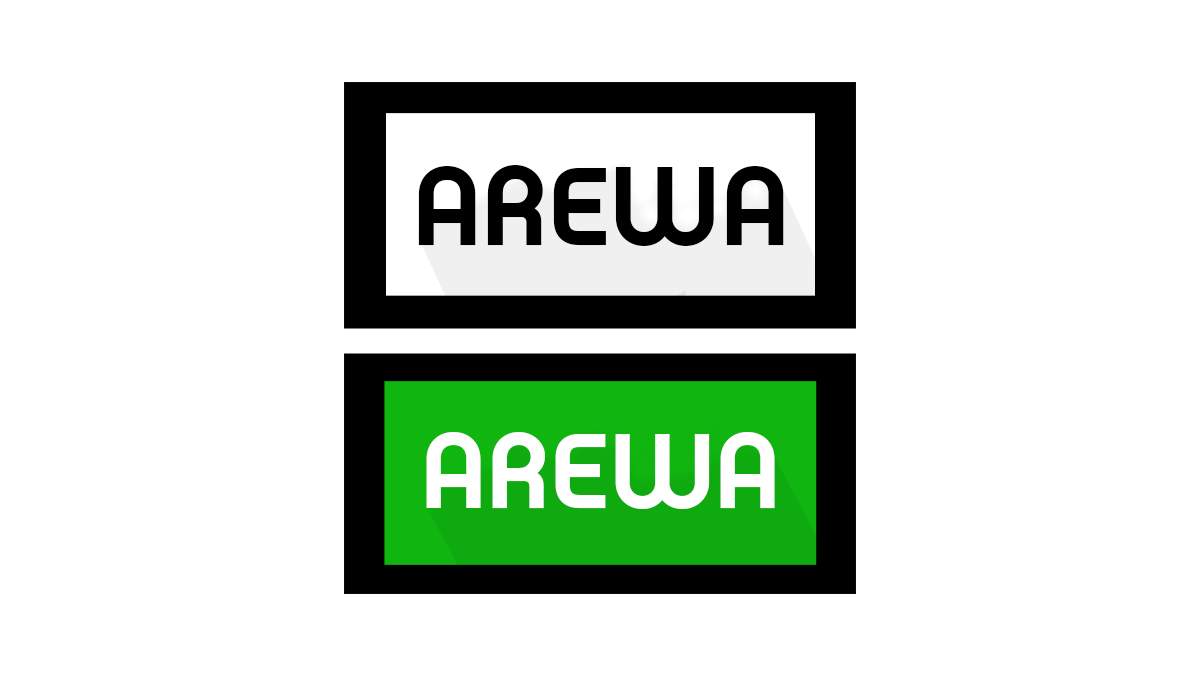The Alliance on Surviving COVID-19 and Beyond, a coalition of over 80 organisations, has said that some of the facts presented by President Muhammadu Buhari during his Independence Day speech does not reflect existing realities.
The group led by Senior Advocate of Nigeria, Femi Falana, in a statement said the Social Investment Programme, which includes the farmer moni and trader moni schemes, school feeding programme and agriculture intervention initiatives the President made reference to was characterised by fraud.
Citing the household poverty survey, a five-year study undertaken by the National Board for Statistics, the group said, “40% of Nigerian households live in poverty, living on household income of less than N137,000 per annum; which is barely an average of N11,000 per month and N366 per day.
“Converted to USD at a constant exchange rate of N400 per USD, this respectively amounts to $342.50 per annum; $28.54 per month; and $0.95 per household per day.”
Speaking on Buhari’s comparison between the pump price of fuel in Nigeria and some other countries, ASCAB said the President failed to consider the minimum wage in those countries when compared to Nigeria.
“For the avoidance of doubt, the minimum wage in these countries compared with Nigeria is as follows: Saudi Arabia – $7,585 per annum; Egypt – $2,088 per annum; Ghana – $689 per annum; Niger – $1,367 per annum; Chad – $2,088 per annum; and Nigeria – $1,543.
“Across the six countries, only Egypt does not have a nationally mandated minimum wage, meaning the minimum wage only applies in the public sector.
“For Saudi Arabia, the GNP is $137,635; for Egypt, the GNP is $82,710; for Nigeria, the GNP is $65,707; for Ghana, the GNP is $7,137; for Niger, the GNP is $1,706; and for Chad, the GNP is $1,208.
“Similarly, the comparative poverty rates (measured as living under less than 1$ a day) for the referenced countries are Saudi Arabia – 12.7% (the 10th lowest in the world); Egypt – 32.5%; Ghana – 23.4%; Niger – 41.4%; Chad – 46.7%; and Nigeria – 40.1%.”
The group led by Senior Advocate of Nigeria, Femi Falana, in a statement said the Social Investment Programme, which includes the farmer moni and trader moni schemes, school feeding programme and agriculture intervention initiatives the President made reference to was characterised by fraud.
Citing the household poverty survey, a five-year study undertaken by the National Board for Statistics, the group said, “40% of Nigerian households live in poverty, living on household income of less than N137,000 per annum; which is barely an average of N11,000 per month and N366 per day.
“Converted to USD at a constant exchange rate of N400 per USD, this respectively amounts to $342.50 per annum; $28.54 per month; and $0.95 per household per day.”
Speaking on Buhari’s comparison between the pump price of fuel in Nigeria and some other countries, ASCAB said the President failed to consider the minimum wage in those countries when compared to Nigeria.
“For the avoidance of doubt, the minimum wage in these countries compared with Nigeria is as follows: Saudi Arabia – $7,585 per annum; Egypt – $2,088 per annum; Ghana – $689 per annum; Niger – $1,367 per annum; Chad – $2,088 per annum; and Nigeria – $1,543.
“Across the six countries, only Egypt does not have a nationally mandated minimum wage, meaning the minimum wage only applies in the public sector.
“For Saudi Arabia, the GNP is $137,635; for Egypt, the GNP is $82,710; for Nigeria, the GNP is $65,707; for Ghana, the GNP is $7,137; for Niger, the GNP is $1,706; and for Chad, the GNP is $1,208.
“Similarly, the comparative poverty rates (measured as living under less than 1$ a day) for the referenced countries are Saudi Arabia – 12.7% (the 10th lowest in the world); Egypt – 32.5%; Ghana – 23.4%; Niger – 41.4%; Chad – 46.7%; and Nigeria – 40.1%.”
Video of Nigeria At 60: President Buhari Says Country Is In Decline As He Appeals For Unity



